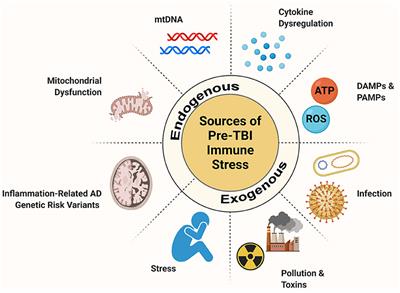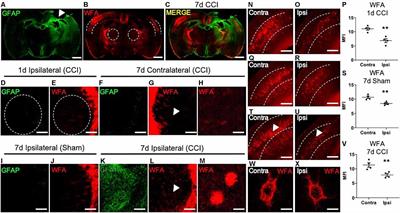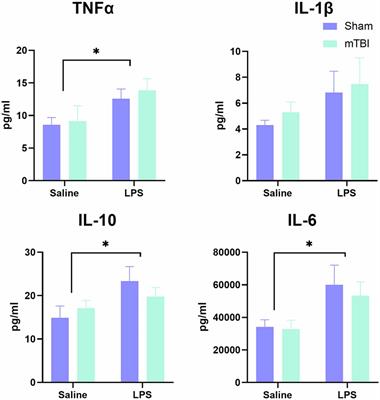REVIEW
Published on 10 Jun 2022
Recent Advances in the Role of Nuclear Factor Erythroid-2-Related Factor 2 in Spinal Cord Injury: Regulatory Mechanisms and Therapeutic Options

doi 10.3389/fnagi.2022.851257
- 2,403 views
- 9 citations
4,430
Total downloads
15k
Total views and downloads
REVIEW
Published on 10 Jun 2022

REVIEW
Published on 12 Jan 2022

ORIGINAL RESEARCH
Published on 28 Oct 2021

ORIGINAL RESEARCH
Published on 01 Apr 2021

